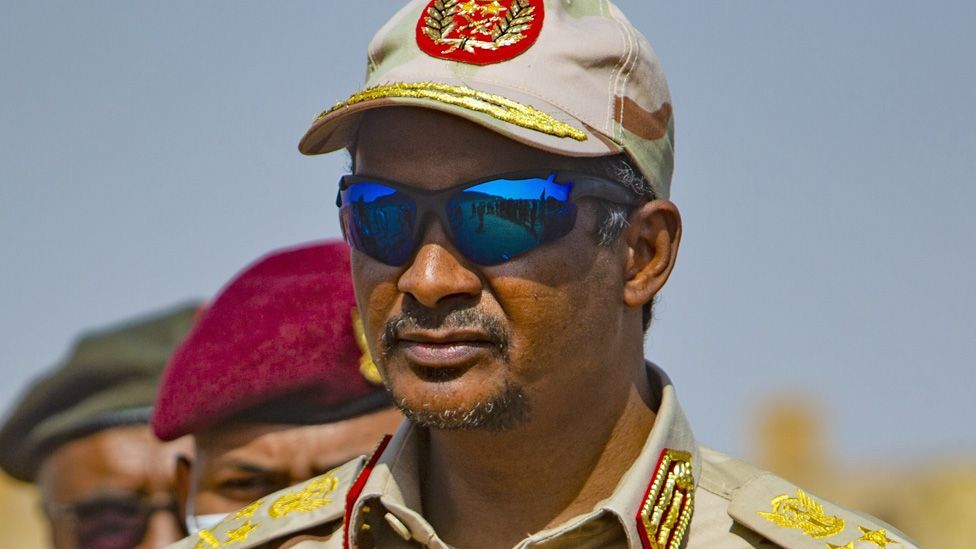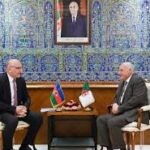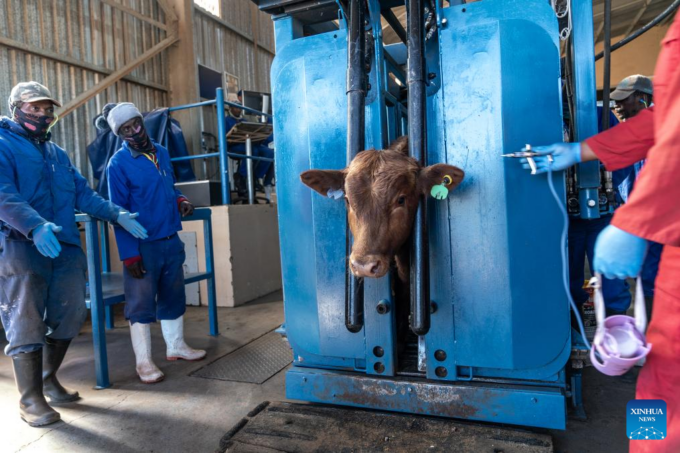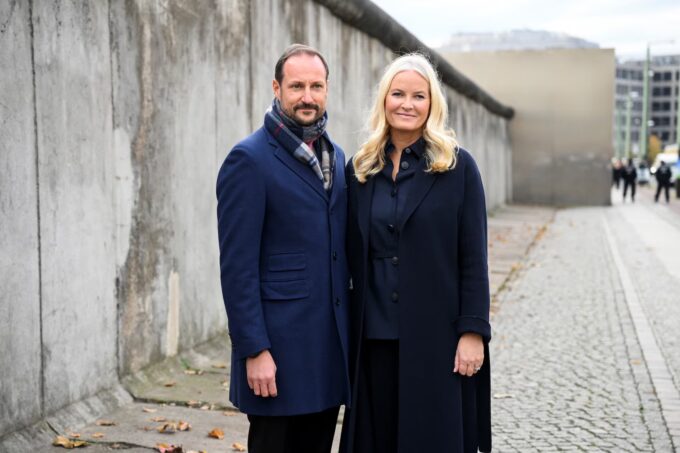Sudan’s turbulent political landscape has a new power at its core Mohamed Hamdan Dagolo, better known as Hemedti, the commander of the Rapid Support Forces (RSF), a paramilitary group that now controls nearly half the country. Once dismissed as a desert fighter with little formal education, Hemedti has transformed himself into one of Africa’s most formidable and controversial leaders a man equally feared, admired, and reviled.
In recent weeks, Hemedti’s RSF achieved a stunning military breakthrough, seizing El-Fasher, the last major stronghold of Sudan’s national army and its allies in the war-scarred region of Darfur. The victory cemented his dominance in western Sudan, signaling a possible turning point in the brutal civil war that has torn the country apart since 2023. For his followers, Hemedti is a symbol of strength a man who promises to dismantle a corrupt and elitist state. For his enemies, he is the embodiment of chaos and impunity.
Hemedti’s story begins far from the halls of power. Born around 1974 or 1975 in a small, unrecorded village on the fringes of Darfur, he comes from the Mahariya branch of the Rizeigat tribe, an Arabic-speaking, camel-herding community that straddles the border between Chad and Sudan. His family, led by his uncle Juma Dagolo, fled conflict in Chad in the 1970s and resettled in Darfur. Growing up amid hardship and instability, the young Hemedti dropped out of school and began trading camels across the desert routes to Libya and Egypt — a dangerous but profitable venture that taught him survival, negotiation, and ambition.
By the time he reached adulthood, Darfur had become Sudan’s lawless frontier. Under the long rule of President Omar al-Bashir, the region suffered from poverty, neglect, and ethnic tension. Arab militias, known as the Janjaweed, began attacking African ethnic groups such as the Fur, Masalit, and Zaghawa, who accused Khartoum of discrimination and exploitation. The conflict exploded into full-scale war in 2003, drawing international outrage for the Janjaweed’s scorched-earth tactics — burning villages, looting, killing, and widespread sexual violence.
Hemedti’s unit was among those accused of atrocities. Reports by African Union peacekeepers identified his forces as responsible for the destruction of the village of Adwa in November 2004, where 126 people were killed, including 36 children. The United States later classified the Darfur campaign as genocide, and the International Criminal Court (ICC) charged four Sudanese figures, including Bashir, with crimes against humanity. Hemedti, considered too junior at the time, escaped prosecution — a twist of fate that would later allow him to rise unchallenged through Sudan’s military and political hierarchy.
While the Janjaweed gained infamy, Hemedti emerged as a shrewd survivor. When some of his fellow militia leaders mutinied, he negotiated his way back into Bashir’s good graces — demanding back pay, promotions, and political favors, including a government role for his brother. Bashir agreed, rewarding Hemedti with money, weapons, and a degree of autonomy that no other militia leader enjoyed.
By the early 2010s, Hemedti had leveraged his influence to seize control of Jebel Amir, Darfur’s richest artisanal gold mine. His family company, Al-Gunaid, soon became Sudan’s largest private gold exporter, turning him into one of the country’s wealthiest men. Through his growing corporate empire, Hemedti built networks that stretched across the Middle East and Africa, dealing with businessmen, politicians, and mercenaries alike.
In 2013, he successfully lobbied Bashir to formalize his command of a new elite force — the Rapid Support Forces (RSF). Officially sanctioned as a paramilitary organization reporting directly to the presidency, the RSF absorbed the Janjaweed and was equipped with modern uniforms, vehicles, and weapons. Army officers were seconded to train and coordinate the new unit, transforming it into a professionalized but autonomous fighting force loyal only to Hemedti.
For Bashir, the RSF became both a weapon and a liability — an instrument for crushing rebellions in Darfur, South Kordofan, and Blue Nile, but also a rival to the army’s power. For Hemedti, it was his ticket from the periphery to the center of Sudanese politics. When Bashir’s regime finally collapsed in 2019 amid mass protests, it was Hemedti’s RSF that played kingmaker. He positioned himself as both a defender of the revolution and a protector of order, even as his forces were accused of massacring protesters during the Khartoum sit-in that same year.
Today, Hemedti is no longer the desert trader who once led raids on horseback. He is a self-styled statesman commanding thousands of battle-hardened fighters, vast financial resources, and international connections. His forces have been accused of war crimes and atrocities in the ongoing conflict against Sudan’s army, yet he continues to present himself as the champion of a “new Sudan” free from corruption and old elites.
Whether viewed as a liberator or a warlord, Mohamed Hamdan Dagolo’s rise is a stark reflection of Sudan’s decades-long cycle of violence, power struggles, and broken promises. His journey from camel caravans in Darfur to commanding an army that controls half a nation is both the story of one man’s ambition and the tragedy of a country trapped between militarism and democracy.














Leave a comment